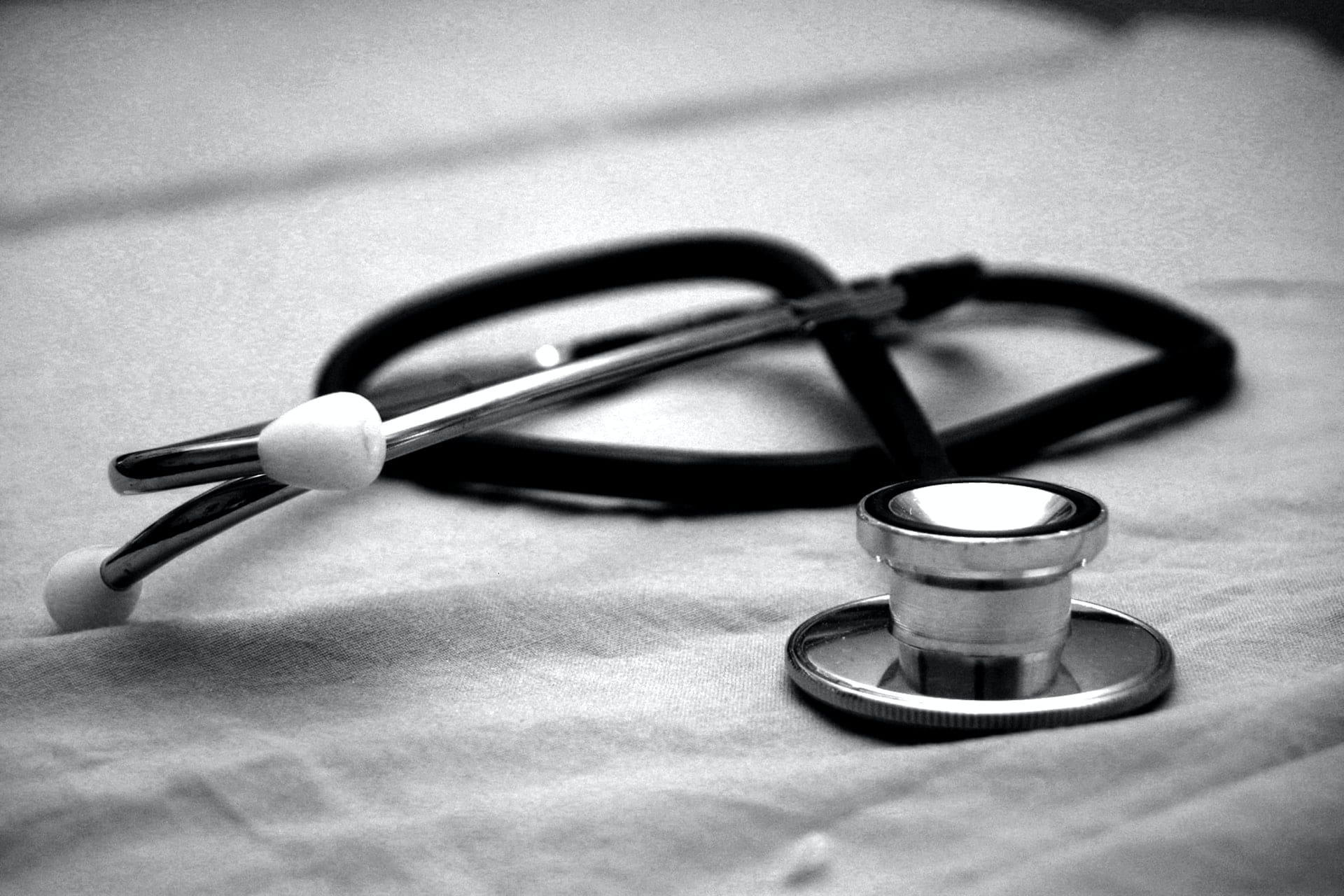No. In some cases, prisoners can refuse medical treatment. They can also refuse most medical tests. But if staff can assert a need for the safety of the facility and people in it, they can override this refusal. That means that, ultimately, the decision is up to administrators and not prisoners.
Can you refuse medical treatment in prison?
For the most part, you can refuse medical treatment in prison. Most medical treatment is only given with your consent. However, courts have ruled that jails and prisons can give treatment without consent in the name of the safety of staff and other prisoners. This gives them a lot of discretion over your treatment. If they feel your treatment is necessary, you probably won’t be able to refuse it.
When would you not be able to refuse medical treatment in prison?
If a doctor or the BOP decides your illness is a threat to others, they can treat you against your will. There are some common situations when this happens.
- Danger to yourself or others. This mostly applies to mental health issues. The BOP has a responsibility to keep all incarcerated individuals safe. So, if you have an illness that could lead to you harming yourself or your peers, they can provide treatment even if you don’t consent.
- The spread of disease. If you have an illness that could harm others, staff can require you to get treatment. One common example is tuberculosis (TB), which spreads easily. If you have TB or an illness like it, you will not be able to refuse treatment.
- Court order. Sometimes, medical treatment is a part of your sentence. If a judge requires you to accept treatment, you must. Staff at your prison can force you to be treated.

Can you refuse medical tests?
You can refuse medical tests in most cases, too. However, some diagnostic tests are required. These are usually tests for diseases that can spread easily and cause serious harm.
- Blood tests for HIV after potential exposure.
- Chest X-rays to look for signs of Tuberculosis.
- Screening tests for Tuberculin.
How can you refuse medical treatment?
You can refuse medical treatment when it is offered to you. If you refuse any treatment or diagnostic, it will be noted in your health records. In addition, the prison will need to confirm that they offered you treatment and you refused it. They will also need to confirm that you understood the consequences of doing so. To do this, you will need to sign the Medical Treatment Refusal form. If you refuse to sign the form, two members of staff can sign the form as witnesses.
The Takeaway:
Prisoners can refuse most medical treatment and medical tests. However, staff can sometimes override your decision and require them. They can do so in the name of keeping staff and other prisoners safe. Usually, this means screening for and treating diseases that can spread easily. But it can also be the case for mental illnesses. If you want to refuse treatment, you will need to sign a form saying that it was offered to you and you refused.






